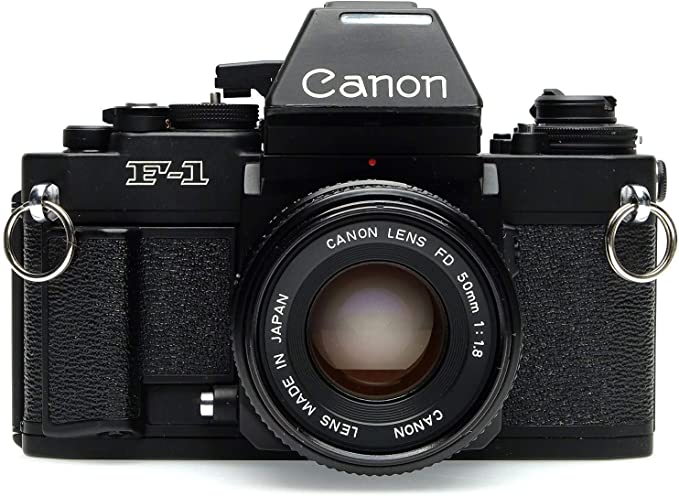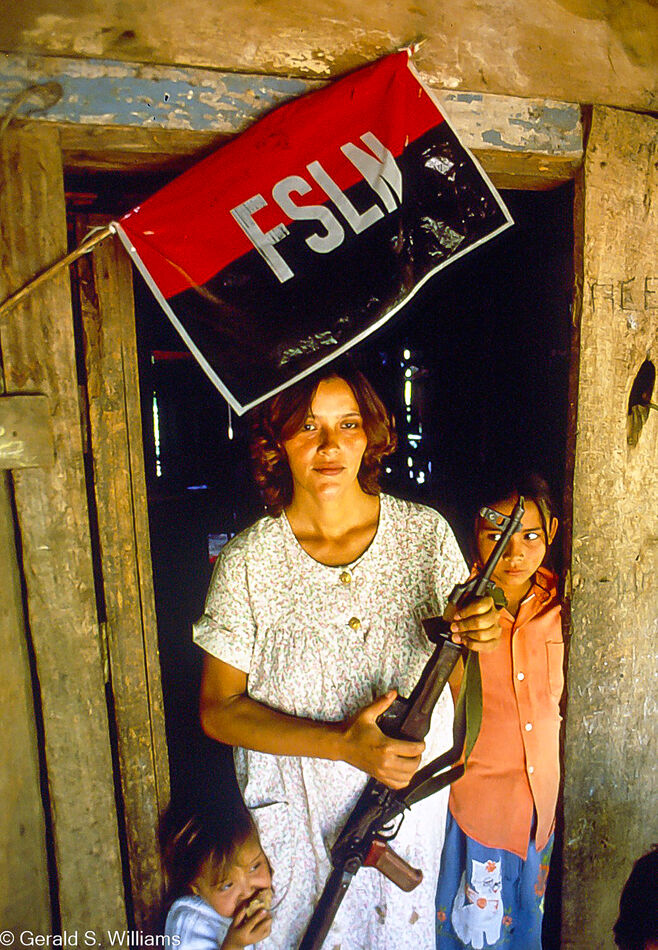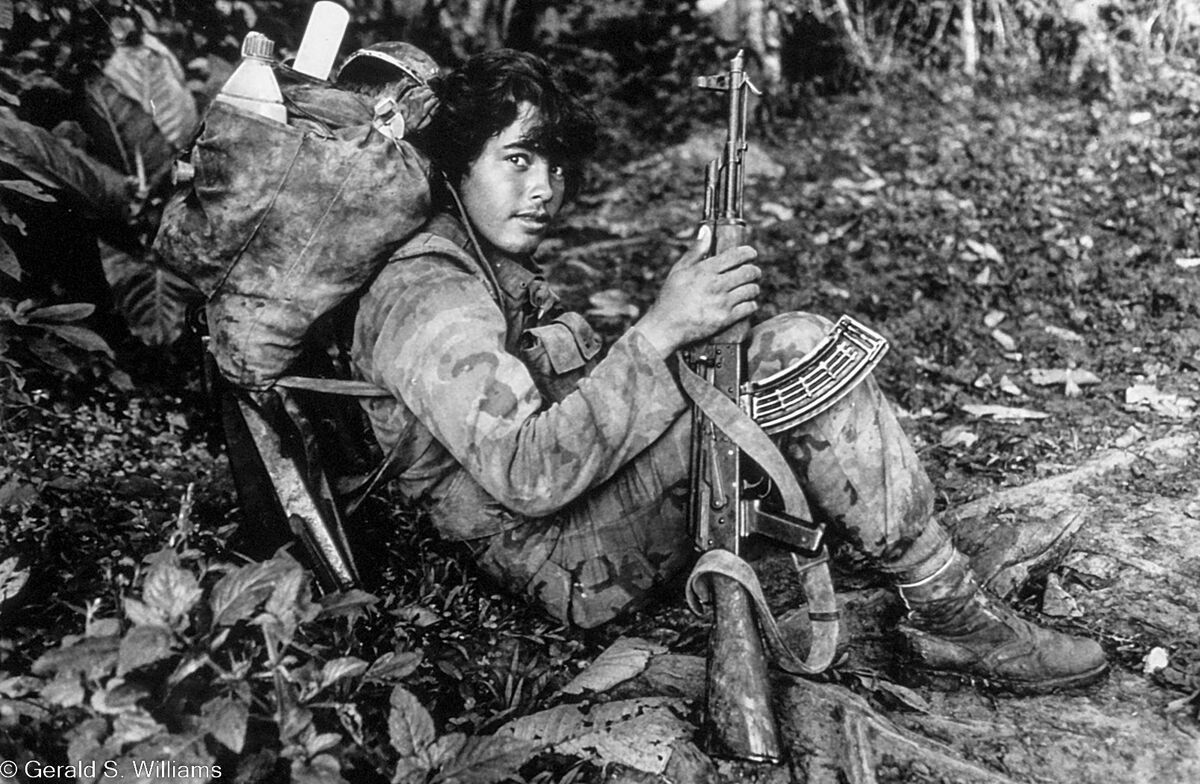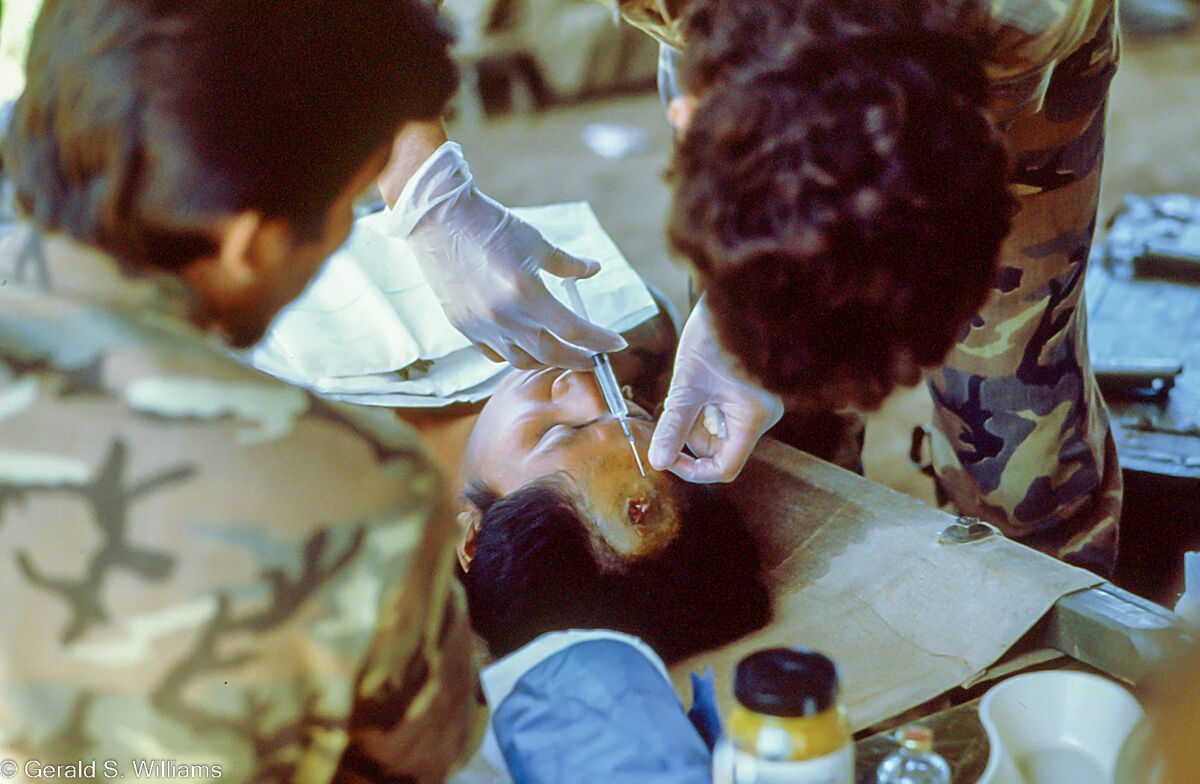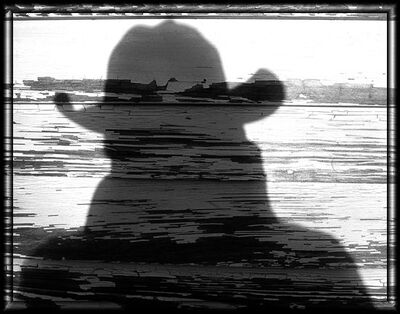A real photographer?
Aug 26, 2022 11:05:33 #
burkphoto wrote:
There is always the luddite — one who refuses to a... (show quote)
In a state university in addition to teaching courses in Digital Photography and Photojournalism , I still teach a 35mm B&W film course using SLRs. It is interesting to see my students used to instant image gratification with their smartphones now having to learn to be more than casually involved in the image creation process, as they learn to load the film, make their shots, load the film in the dark into processing reels (as you know not easy at first), mix and use developer and other chemicals all with temp control. Then wash and dry the film before they can even see what they shot.
Then edit and take those negatives into the darkroom, learn to use an enlarger, expose on photo sensitive paper, then into more chemicals, washing, drying , for a final print.
It gives them a greater appreciation for how far imaging technology has advanced. And after many frustrating times they came to learn to embrace the difference. They aren't giving up their smartphones and digital cameras, but many went out and bought used SLRs of their own ,and plan to explore this "new" medium further beyond the course. Thankfully my university has kept some SLRs and its darkrooms ,and annually budgets to keep them supplied and keep this medium alive.
As a longtime pro that started in film, and as a longtime Professor of Photography I couldn't have wished for a better outcome.
IMHO, no one can and should stop or decry the progress of photo technology as long as we keep the creative process within our human control, and dont give too much away to AI and lose our own creative hearts and souls in the process.
I have kept one Canon SLR, the legendary Canon F1, that was my workhorse for years, including for my war coverage during the Contra-Sandinista War in Nicaragua that won numerous awards, and was a finalist for the Pulitzer Prize. I will spare folks the bloody shots, but here are a few from that take.
1) A mother guards her children and her sparse home, while her Sandinista husband is off fighting the contra. She flies the Sandinista flag.
2) A young Sandinista Special Forces soldier takes a pause from his march across the jungles and mountains seeking out the enemy Contras
3) A gunshot-wounded Sandinista soldier gets local anesthetic before open head surgery out in the field from his Captain who is also a surgeon.
Cheers
Aug 26, 2022 12:02:16 #
Aug 26, 2022 12:44:04 #
gwilliams6 wrote:
In a state university in addition to teaching cour... (show quote)
Nice work, Gerald!
I'm sure many of your students enjoy your course. Hopefully the course in film photography is an elective, rather than a major requirement.
There is great value in learning film photography for those who see it or want it, and who want to use film as an art medium or hobby, but for others who study photography for practical reasons, film photography will not be a significant part of their *communications* career path. We live in a multi-media world now, which puts less emphasis on specialists. Today's young journalists are sometimes expected to be writers, photographers, videographers, narrators, news talent, self-editors, Lightroom technicians... So as students, they want to learn what they will use.
My daughter wanted to take photography in high school, but dropped the course after a day when she found out it was only going to teach film photography. After watching me use film and switch to digital, she knew what she wanted. She has a good eye, but no patience for darkroom work.
It's like Hollywood filmmaking using actual film. The process is slow, expensive, creative but creatively limited, and uncertain, compared with digital video production, which has far more immediate, direct, and concrete applications for storytelling. The creative process is much the same, but the execution is clearer, quicker, more efficient, with more visual options available for less expense.
My twins have both struggled with college because they were forced to take courses that were of little value *to them*. The courses they needed to pursue their career paths were only available after they endured the "side shows" required by the school for their majors to justify their high tuition. My son left SCAD, partly because he could not get the courses he wanted until he took expensive courses that he did not want. He is now finishing at UNC Charlotte.
To me, a "real photographer" is one who knows how to capture moments in ways that tell stories visually, or ground words in reality, or illustrate process, or sell product, or arouse the emotions, or record history. Do those things, and the medium isn't the message... the message is the message. But as Steve Jobs loved to say, "The journey is the reward."
Aug 26, 2022 15:04:13 #
Your "7 P's" appear to be six. The 7th often cited is "prior" - prior to prep which is often cited as planning.
Aug 26, 2022 15:49:07 #
burkphoto wrote:
Nice work, Gerald! br br I'm sure many of your st... (show quote)
Thanks. Well said as usual. Yes the 35mm B&W film class is an elective within the photo courses in the Art Department at my state university.
I teach Digital Photography in the Art Department, and I teach Photojournalism in the Journalism Department. Majors in both those departments have some required courses but also many electives to choose from to fulfill their degree requirements. That is as is should be. We do need to prepare them for their careers with what they will be using into the future.
As you may remember I got my BFA at the great photography university R.I. T. and got my Master's Degree in Digital Photography at SCAD. In both universities there were courses that seemed unneeded for my chosen careers, but in the end they helped me be more rounded in my photography knowledge and as a Professor teaching others. My path isn't for everyone, but for me it has worked.
A case in point, the first daughter of my former brother-in-law applied to R.I.T. and I helped her get accepted. She left R.I.T. after the first half of her first year there because she felt in the first year of courses , they weren't teaching her what she needed or wanted. I thought she had blown a great opportunity . She went off to NYC, hung out with photogs and filmmakers there, learned her craft and adventured into some documentary work on some seedy underground subjects.
To make a long story short, one of her documentary efforts was seen and sent to the Sundance Festival where it won a first place. HBO noticed her and gave her money to further her work, and she already has won an Emmy Award with more projects to come. So her path to find her vision and be a success was quite different than mine. She is certainly a "real photographer", and an inspiration to those who choose to go their own path.
A fellow classmate with me at R.I.T. back in the seventies ,who left when he felt it wasn't working for him is Gregory Heisler (who before R.I.T. as a young photog had the distinction of being the only photo intern ever at Playboy Magazine, lol). Heisler is still one of the most famous and highest paid photographers in the world, sought out for his incredible creative and story telling vision.
https://en.wikipedia.org/wiki/Gregory_Heisler
https://gregoryheisler.com/portfolios
I was fortunate to be among an amazing class of fellow R.I.T. students that have been amazing storytellers whose photos and stories from around the world we have all seen, and have changed our understanding of important subjects, and have won countless Photos of the Year Awards, World Press Photo Awards, and Pulitzer Prizes.
Cheers
Aug 26, 2022 16:09:49 #
gwilliams6 wrote:
Thanks. Well said as usual. Yes the 35mm B&W f... (show quote)
Good to hear all that! My kids are pursuing similar paths as your ex-bro-in-law’s daughter… some lanes through college with lots of side trips.
Aug 26, 2022 16:11:56 #
burkphoto wrote:
Good to hear all that! My kids are pursuing similar paths as your ex-bro-in-law’s daughter… some lanes through college with lots of side trips.
Super,



Aug 26, 2022 16:25:01 #
Mustang1 wrote:
How can a person shoot in Auto and/or Program, have blurred, out-of-focus, underexposed pictures call himself a professional as he resorts to Photoshop to correct a lousy photo? Shouldn't he be creating that photo in the camera?
Your mythical person should be doing whatever makes them happy and if he/she has customers. whatever makes them happy. We can continue to discuss it on UHH, but it's really none of our business. If this person recognizes that they need improvement, they can always ask for help.
---
Aug 26, 2022 21:02:45 #
huemax
Loc: High Point, NC
YES, you are very right. You and my partner run through business of Photography and photo finishing 1990 to 2010. I still remember June of 1989, the Kodak called us up and demonstrated photoshop and dyesub printer, it was great results in quality without having safe light and chemicals. We purchased first MAC in March of 1990. Today, you and I can issue "death certificate" to silver photography, we just figure out exact date? But also we shall looking into
"birth certificate" for digital photography or imaging. Now, I hear next generation being born namely the C.G.I. Well, is it photography? The city we live and had business, had more commercial and industrial photographer per capita in the world, but most of them are now retired or passed away. I personally had been tired and dropping out from Digital Imaging technology. They did not give us enough time and profit as hardware (pc and cameras) and software (brain and eye sight) moving on too fast. We old school photographer do not die but fade away.
"birth certificate" for digital photography or imaging. Now, I hear next generation being born namely the C.G.I. Well, is it photography? The city we live and had business, had more commercial and industrial photographer per capita in the world, but most of them are now retired or passed away. I personally had been tired and dropping out from Digital Imaging technology. They did not give us enough time and profit as hardware (pc and cameras) and software (brain and eye sight) moving on too fast. We old school photographer do not die but fade away.
Aug 26, 2022 22:07:19 #
huemax wrote:
YES, you are very right. You and my partner run t... (show quote)
Kodak made the rounds back in ‘89, right? They sent Tom Apeland and friends to show off their first Composite Machine, built in what became KPIS, the forerunner of DP2.
Kodak made a HUGE mistake in giving up their partnership with Apple. iPhone was a primary nail in their coffin.
Aug 27, 2022 01:37:23 #
An experienced photographer knows from his own work that a photograph speaks for itself. Further, photography functions as a wordless, visual medium of human expression; therefore, a photograph cannot tell a story in the conventional sense, meaning with wordplay.
huemax wrote:
YES, and NO. In my opinion, REAL photographer not only capture (true scene) moment, but also create a story in it. To do so, you MUST refine, edit, or process the images as a professional. People who click smart phone and place the images in cyber space, they are not photographer at all, even though some get big money.
If you want to reply, then register here. Registration is free and your account is created instantly, so you can post right away.
